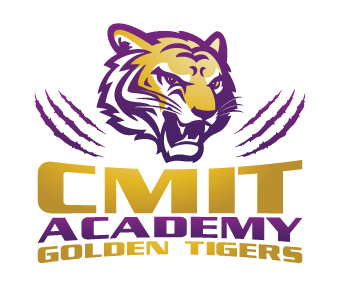12th Grade Resources
- Class of 2022 Senior Orientation
- Ms. Gaudette’s Counselor Recommendation Request Form
- Senior Brag Sheet for Teacher Recommendations
- College Application Checklist
- Class of 2022 Materials Request Form
- College Essay Presentation
- CMIT North Rep Visits Calendar Fall 2021
Two Parts of a College Application
All college applications have two parts: the Student-Completed Portions and the School-Completed Portions. The exact contents of these portions vary, so your applications may or may not include all of the items listed below. For actual instructions on how to make sure these items are submitted to your colleges, please see the “How to Apply” tab.
Student Portion
- Online Application
- Essay
- Writing Supplement
- Resume
- Other Supplement (i.e. Portfolios)
- Test Scores
School Portion
Note: the school portion of the application still requires the student to complete certain tasks.
- School Profile
- Transcript
- Teacher Recommendation Letters
- Counselor Recommendation Letter
- Secondary School Report
Early Action, Regular Decision, or Early Decision?
Many schools offer more than one application deadline. It is recommended that CMIT students apply by the early deadline for ALL of their colleges. Many schools have higher acceptance rates for their early deadline and hold less spots and less scholarship money for students who apply later. Applying early also usually means getting a decision early, which can help in making decisions and applying for scholarship funding to close any gaps in financial need.
There is an important distinction to make regarding the early deadline, however. Early Decision (ED) applications are binding and can only be done for one school. A student who gets accepted to a school they applied to as an ED applicant is legally required to attend that college. Early Action (EA) means applying early, but is not binding. Students who apply EA get their admissions decision early, but do not have to make a commitment to attend until National Decision Day on May 1st. Early Action is what CMIT counselors recommend for students.
Applying early often means competing with fewer applicants and increasing not only chances of acceptance, but also sometimes means consideration for specialized programs and the potential to receive better financial aid / scholarship packages. As an example, the University of Maryland has a November 1st Early Action deadline, from which they take 90% of their incoming class. It is also the deadline they use to choose students for Honors, Scholars, and living-learning programs.
For more information, please read: https://professionals.

